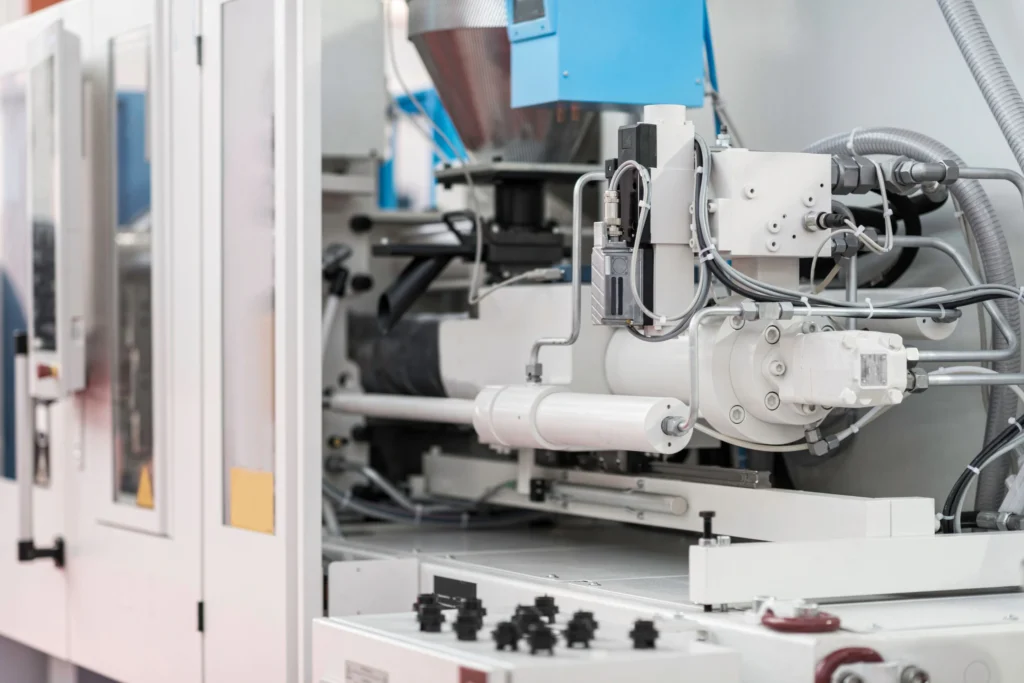LEARNING OBJECTIVE
- To introduce energy-saving concepts specific to the injection moulding process
- To identify key energy consumption areas and inefficiencies in moulding operations
- To implement practical measures to reduce energy usage and production cost
- To promote sustainable manufacturing practices in plastic processing
WHO SHOULD ATTEND
- Production Engineers
- Energy Managers / Maintenance Staff
- Plant Managers / Supervisors
- Moulding Technicians
TRAINING METHODOLOGY
- Energy audit checklist
- Sample monitoring log sheets
- Case study summaries
- Certificate of completion
COURSE OUTLINE
DAY 1: Understanding Energy Consumption
Morning Session:
1.0 Introduction to Energy Management
- Importance of energy efficiency in manufacturing
- Environmental and economic impacts
- Overview of energy management standards (ISO 50001)
2.0 Energy Flow in Injection Moulding Machines –
- Sources of energy consumption: motor, heater bands, hydraulics, chillers
- Energy profile of a typical injection cycle
- Comparing hydraulic vs electric vs hybrid machines
3.0 Measuring and Monitoring Energy Use
- Tools and meters for measuring energy consumption
- Key performance indicators (kWh/kg, cycle time, machine utilization)
- Data logging and analysis techniques
Afternoon Session:
4.0 Heat and Cooling Systems Efficiency
- Heater band types and insulation – Optimising barrel temperature zones
- Efficient water and oil cooling systems
- Preventing energy loss through leakage and poor insulation
5.0 Machine and Process Settings Impact
- Cycle time reduction
- Clamping force optimisation
- Shot size, back pressure, and screw recovery
- Avoiding idle running and over-specification
DAY 2: Implementing Energy Saving Practices
Morning Session:
6.0 Mould and Tooling Design for Efficiency
- Fast cooling mould design
- Gate and runner optimisation
- Selecting materials that reduce cycle time
- Hot runner vs cold runner energy impact
7.0 Auxiliary Equipment Efficiency
- Chillers, dryers, conveyors, robots
- Variable speed drives and timers
- Maintenance for energy saving
Afternoon Session:
8.0 Energy Saving Projects and ROI
- Identifying energy-saving opportunities
- Cost-benefit analysis and payback period
- Case studies of successful implementation
9.0 Group Workshop: Energy Audit Simulation
- Simulate audit of a moulding machine
- Identify major energy losses
- Present energy-saving action plan in group


